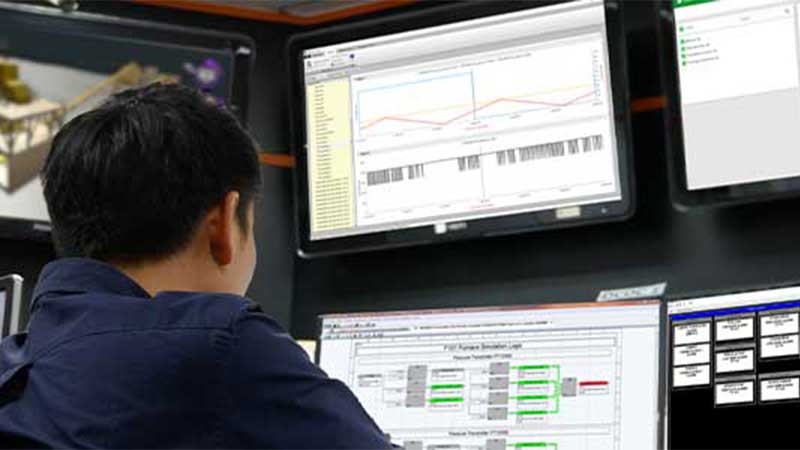What are sustainable data centres?
These are facilities that house systems to store, manage, and use data in the most economical and, at the same time, ecological way possible. Organisations utilise these systems to process and distribute large amounts of information in a safe environment. Unlike traditional solutions, these so-called green data centres consider the emissions produced during lifecycle operations. To limit climate impact, it is crucial to implement energy-efficient data centres that will use less energy while increasing data processing capacity. With the latest technology that significantly improves data management and the introduction of renewable energy, it is possible to reduce maintenance costs and achieve carbon neutrality.
What are the advantages of improving sustainability in data centres?
One of the benefits of using energy-efficient solutions is cost-efficient operations Data centres require a considerable amount of energy, so reducing consumption lowers operating expenditures. Power-saving measures allow for better cost optimisation. In the long term, this results in significant savings. Another crucial advantage of applying efficient energy solutions for data centres is minimising environmental impact. By lowering energy consumption, we reduce the data centre’s carbon footprint, which is a key aspect of limiting climate change. Let’s not forget about water conservation. Because of heavy workloads and heat generated by IT equipment, quite often data centres require water cooling. It is possible to reduce water usage by applying the latest technology.
How can you reach data centre sustainability targets?
To reach data centre sustainability goals, it is important to use solutions equipped with the highest quality components. Their quality allows for low-cost maintenance, lower embedded carbon, and savings in the long term. It also reduces electronic waste, which data centres can generate in large quantities. Another important thing is to set achievable targets and utilise renewables and clean energy to reach data centre sustainability emissions goals. Several third-party entities offer data centre target-setting plans. The SBTi offers sector guidance and many other features that facilitate the process of establishing targets and setting plans in motion. Bear in mind that this requires setting a sustainability strategy, gathering data inputs, setting target metrics, and then identifying priority actions for improvement.























